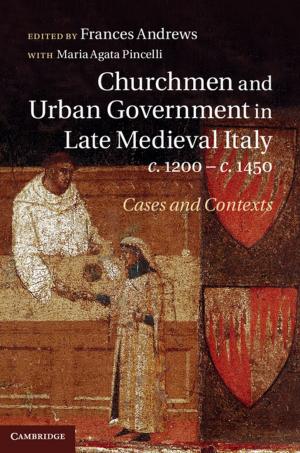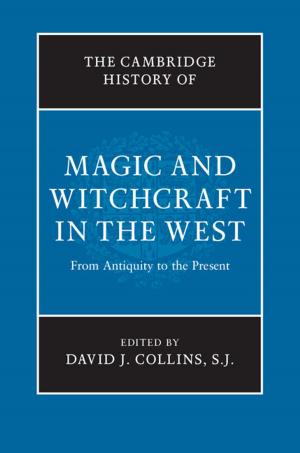'Nature and the Greeks' and 'Science and Humanism'
Nonfiction, Science & Nature, Science, Physics, General Physics, Other Sciences, Philosophy & Social Aspects| Author: | Erwin Schrödinger | ISBN: | 9781139930451 |
| Publisher: | Cambridge University Press | Publication: | August 13, 1996 |
| Imprint: | Cambridge University Press | Language: | English |
| Author: | Erwin Schrödinger |
| ISBN: | 9781139930451 |
| Publisher: | Cambridge University Press |
| Publication: | August 13, 1996 |
| Imprint: | Cambridge University Press |
| Language: | English |
Nobel laureate Erwin Schrödinger was one of the most distinguished scientists of the twentieth century; his lectures on the history and philosophy of science are legendary. 'Nature and the Greeks' and 'Science and Humanism' makes available for the first time in many years the text of two of Schrödinger's most famous lecture series. 'Nature and the Greeks' offers a comprehensive historical account of the twentieth-century scientific world picture, tracing modern science back to the earliest stages of Western philosophic thought. 'Science and Humanism' addresses some of the most fundamental questions of the century: what is the value of scientific research? and how do the achievements of modern science affect the relationship between material and spiritual matters? A foreword by Roger Penrose sets the lectures in a contemporary context, and affirms they are as relevant today as when they were first published.
Nobel laureate Erwin Schrödinger was one of the most distinguished scientists of the twentieth century; his lectures on the history and philosophy of science are legendary. 'Nature and the Greeks' and 'Science and Humanism' makes available for the first time in many years the text of two of Schrödinger's most famous lecture series. 'Nature and the Greeks' offers a comprehensive historical account of the twentieth-century scientific world picture, tracing modern science back to the earliest stages of Western philosophic thought. 'Science and Humanism' addresses some of the most fundamental questions of the century: what is the value of scientific research? and how do the achievements of modern science affect the relationship between material and spiritual matters? A foreword by Roger Penrose sets the lectures in a contemporary context, and affirms they are as relevant today as when they were first published.















